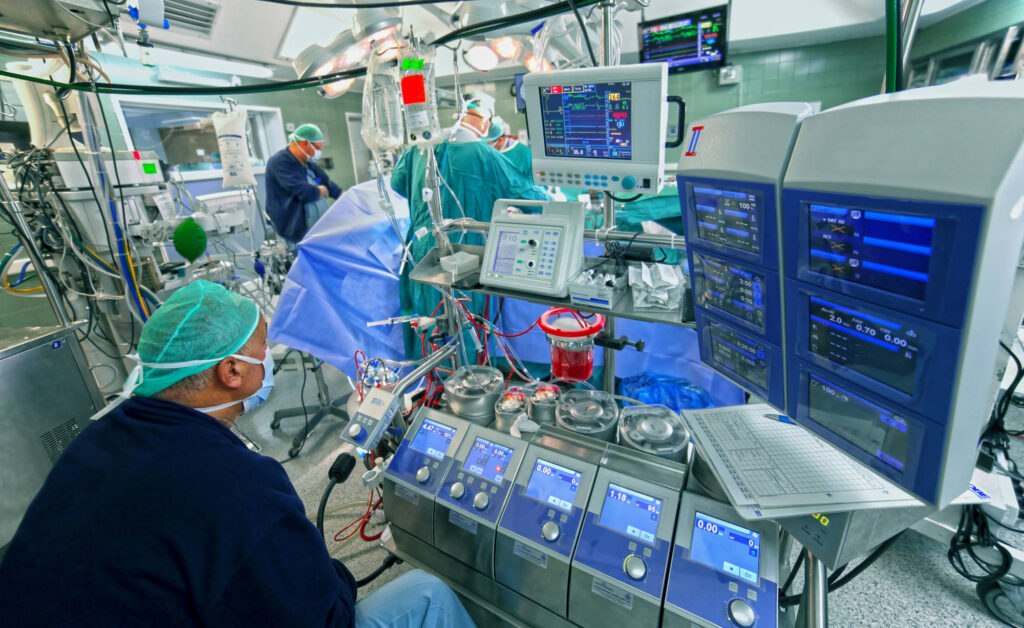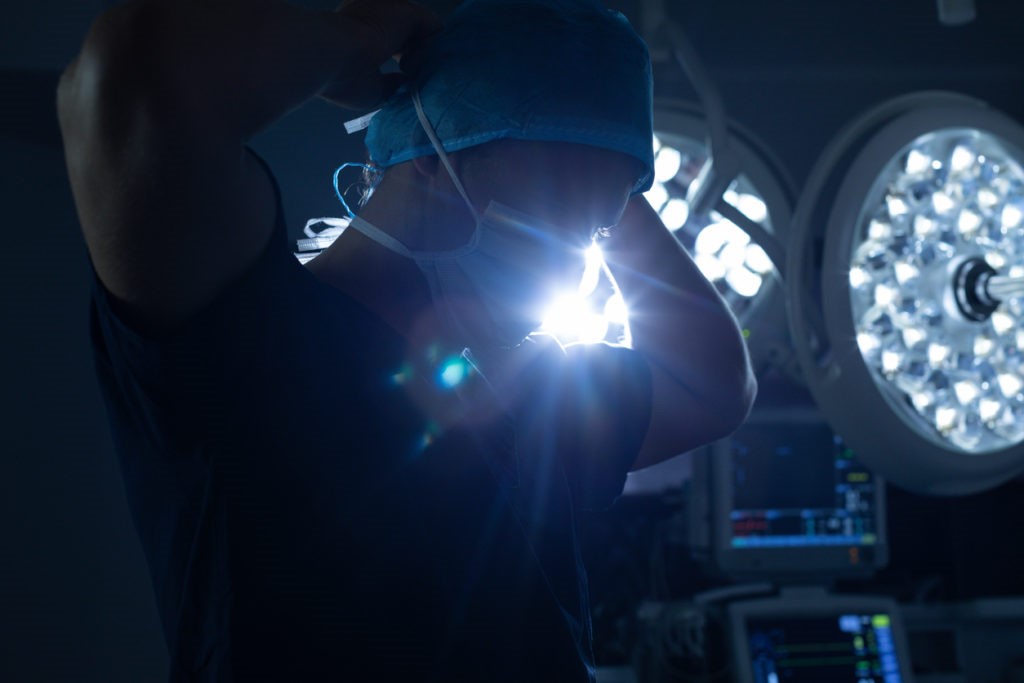Avoiding Allogeneic Blood Transfusions through Effective Perioperative Blood Management
Blood transfusions (BT), autologous or allogeneic, have been the common therapeutic intervention for treating perioperative anemia and surgical blood loss. In the case of allogeneic blood transfusion, there are a…








